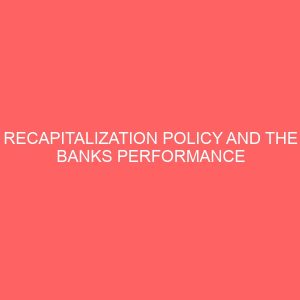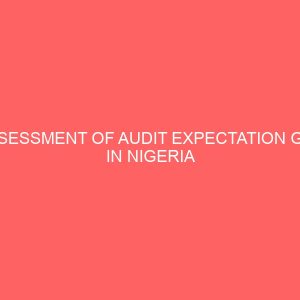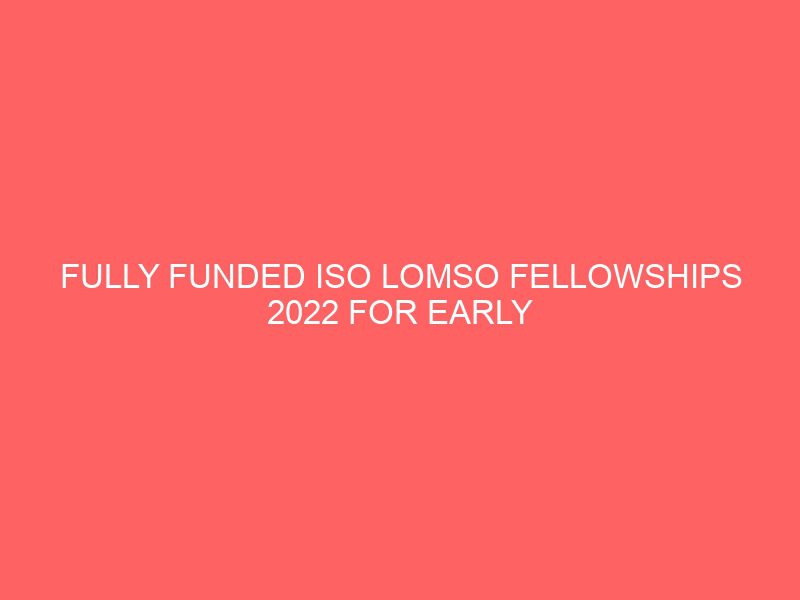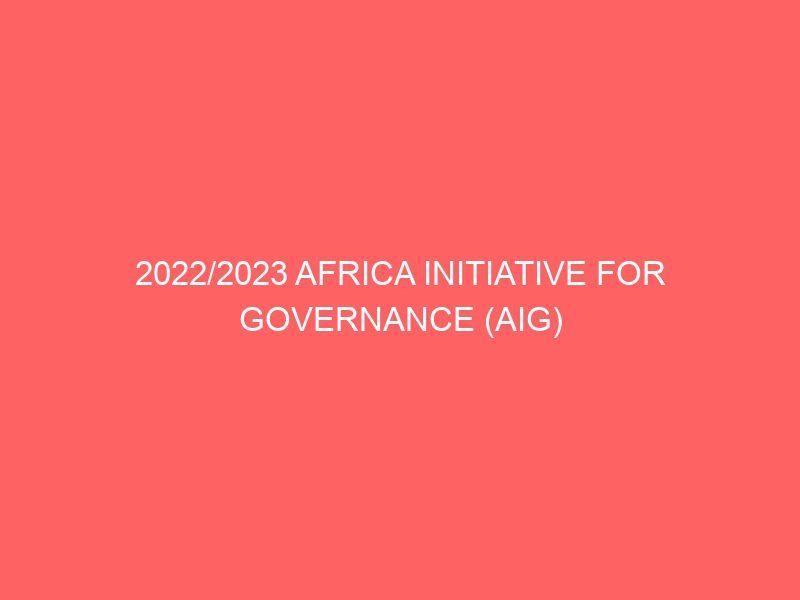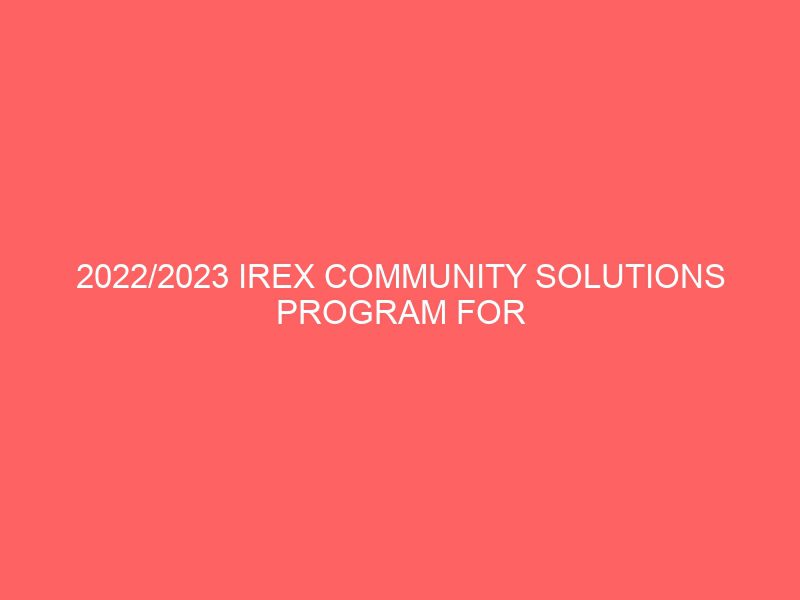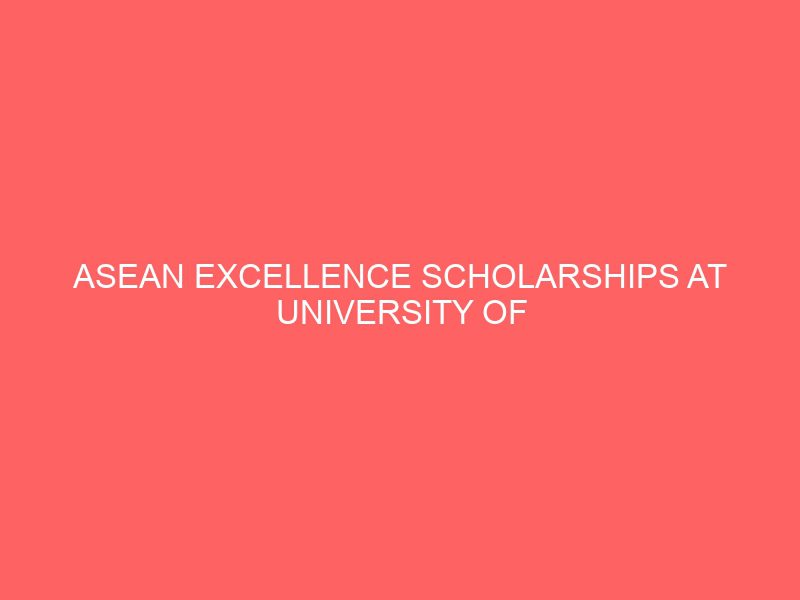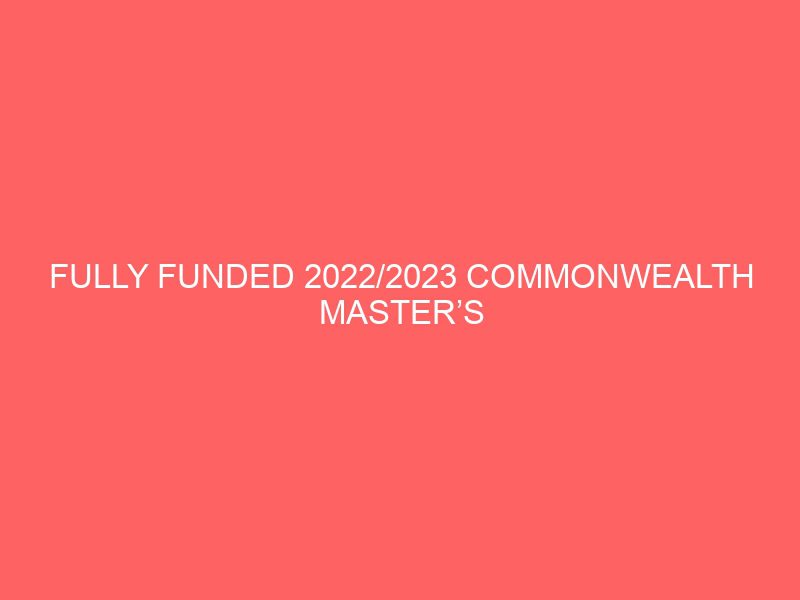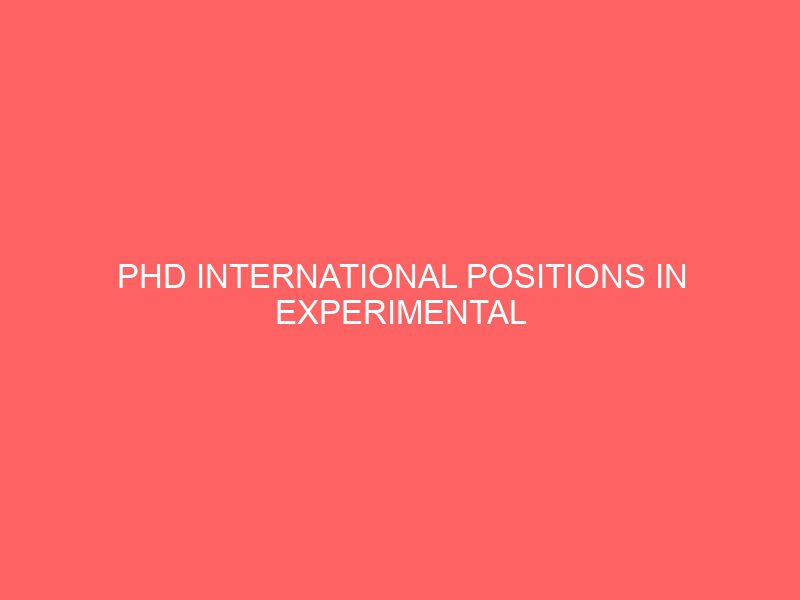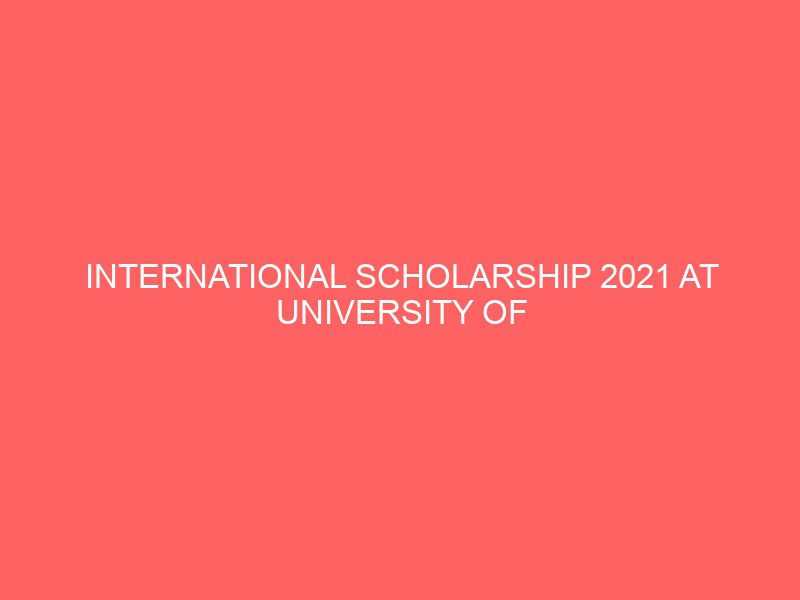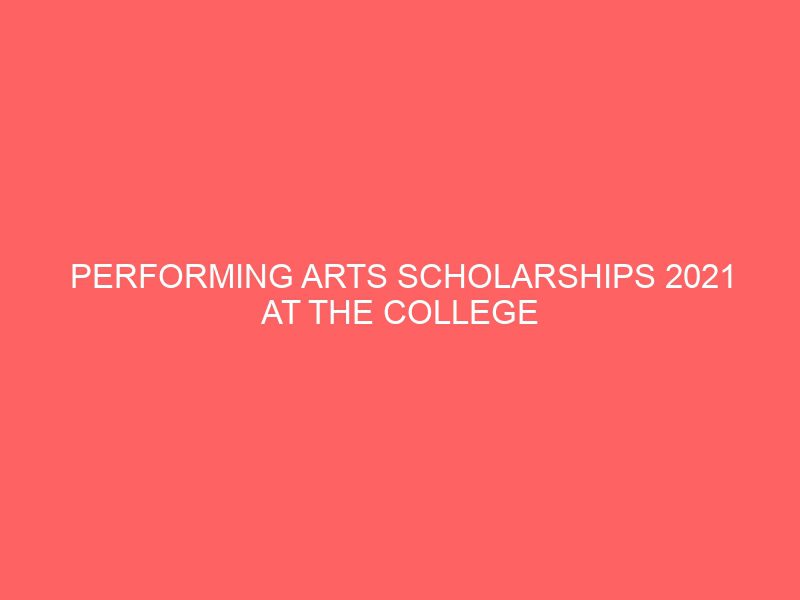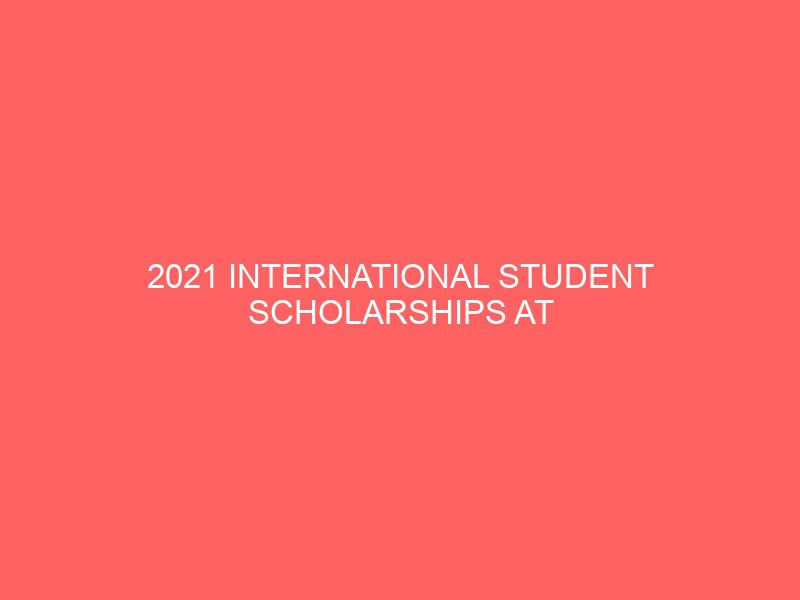Fully Funded Iso Lomso Fellowships 2022 for Early Career African Researchers
Iso Lomso means ‘the eye of tomorrow’ in isiXhosa: seeing towards the future, laying the foundations for tomorrow. The programme is aimed at African scholars who have obtained a doctoral degree within the preceding seven years and who hold an academic position at a university or research institution anywhere in Africa. Candidates should have established a research programme and have completed a post-doctoral fellowship or equivalent post-PhD programme. All disciplines are considered.
Iso Lomso fellowships provide a three-year attachment to STIAS to enable fellows to develop and conduct a long-term research programme of their preference. The aim is to facilitate and support them towards becoming established scholars in their fields.
Eligibility
To be eligible for the 2022 call, applicants must:
- be a national of any African country;
- be born after the 1st of January 1980;
- have an affiliation at a research or higher education institution in an African country, and continue to do so for the foreseeable future;
- have obtained a doctoral degree from any recognised higher education institution (worldwide) after the 1st of January 2015;
- have completed a post-doctoral fellowship or equivalent post-PhD research programme;
- be in a position to commence a first period of residency at STIAS between July 2022 and June 2023.
All disciplines will be considered. Applicants from non-Anglophone African countries may conduct their research in the language of preference; however, the application documents must be completed in English. Applications will be evaluated and selected on the basis of the following criteria:
- Level: the applicant’s academic excellence and the originality and scholarly strength of the proposed research project;
- Innovation: the project’s promise of new insights and the potential to produce new knowledge;
- Interdisciplinarity: whether the project methodology allows for drawing from different disciplines and its potential to facilitate an interdisciplinary discourse;
- Relevance: the project’s relevance for scholarship and knowledge production in Africa;
- Feasibility: whether the research design and the research plan are convincing and realistic.
During final selection, additional consideration will be given to:
- gender representation;
- diversity of nationalities;
- diversity of disciplines;
- participation in previous or current research projects;
- previous international experience.
The main means of support is STIAS residencies. Residential periods will be agreed mutually between the fellow, his or her home institution and STIAS, and may vary between six weeks and five months per residency. A first period of residency will typically be of longer duration to be taken up between July 2022 and June 2023, followed by two further residencies through 2024. While in residence fellows receive regular STIAS fellow support which includes:
- an economy return flight;
- comfortable accommodation within walking distance from the institute;
- individual offices equipped with a PC, telephone and printer;
- a monthly stipend for daily living costs;
- access to the Stellenbosch University library (including electronic resources) and a high-speed internet connection;
- participation in the regular STIAS fellows programme, including daily lunch, weekly fellows’ seminars, STIAS public lectures and social events;
- a child care subsidy for fellows accompanied by young children while in residence.
Iso Lomso fellows’ home institution will be eligible to apply for a lecturer replacement subsidy during residency periods. This will be negotiated on a case-by-case basis with the home institution after the fellowships have been awarded. It will be the fellow and the home institution’s responsibility to recruit replacement lecturers.
While not in residence at STIAS Iso Lomso fellows will continue their regular academic duties at their home institution. During these periods fellows may apply for a range of research sponsorship interventions. These elements will be considered in a flexible manner to ensure that each fit optimally into the research programme. They may include:
- a subsequent residency at a sister Institute for Advanced Study or relevant research institution in North America, Europe or elsewhere (this will form part of the ten months’ residency allocation; the fellow’s preferences for potential host institutions will be considered);
- funding to attend up to two relevant academic conferences or research training events (covering travel, accommodation and
participation fees); - limited project funding for key interventions in the research programme;
- the possibility of hosting a workshop at STIAS or their at their home institution as a means of strengthening the fellow’s scholarly network and research impact.
Benefits
Residence at STIAS
A three-year attachment to STIAS during which time you may spend a total of 10 months in residence at STIAS to develop and pursue a long-term research programme
Links to sister institutions
The possibility of a residency at a sister institute for advanced study in North America, Europe or elsewhere
International conferences
Funding to attend up to two international conferences or training workshops anywhere in the world
Your own workshop
Support to convene a workshop with collaborators at STIAS or at their home institution
Support for your institution
Lecturer replacement subsidy for the fellow’s home institution during residency periods
Timeline
- Application deadline: 15 February 2022
- Shortlist selection: 30 April 2022
- Final selection: 31 May 2022
Shortlisted candidates may be contacted during May 2022 for any additional information that may be required about their proposed projects. A final selection will be made by the end of May 2022 and successful candidates will be contacted during June 2022. These dates may change and will be updated on this page.
Application Deadline: 15 February 2022
For More Information:



